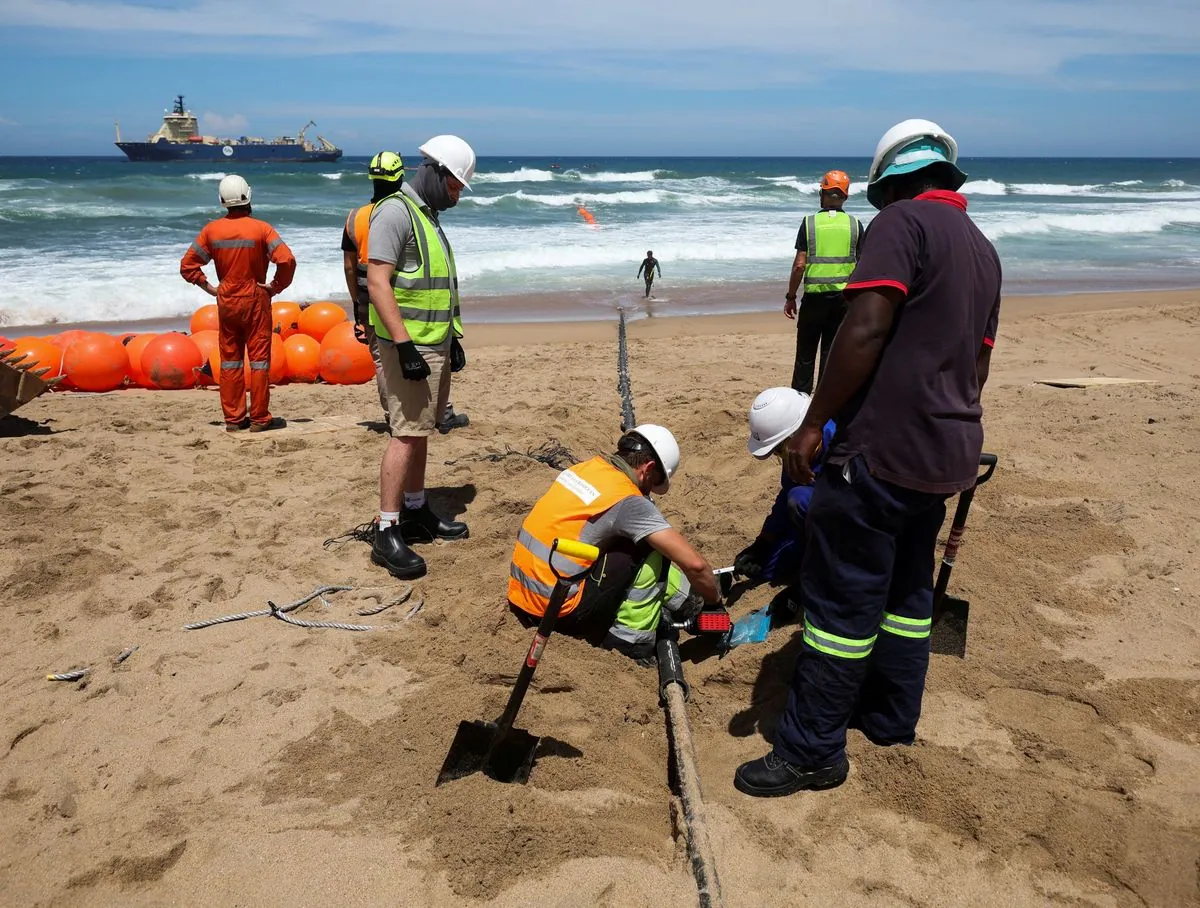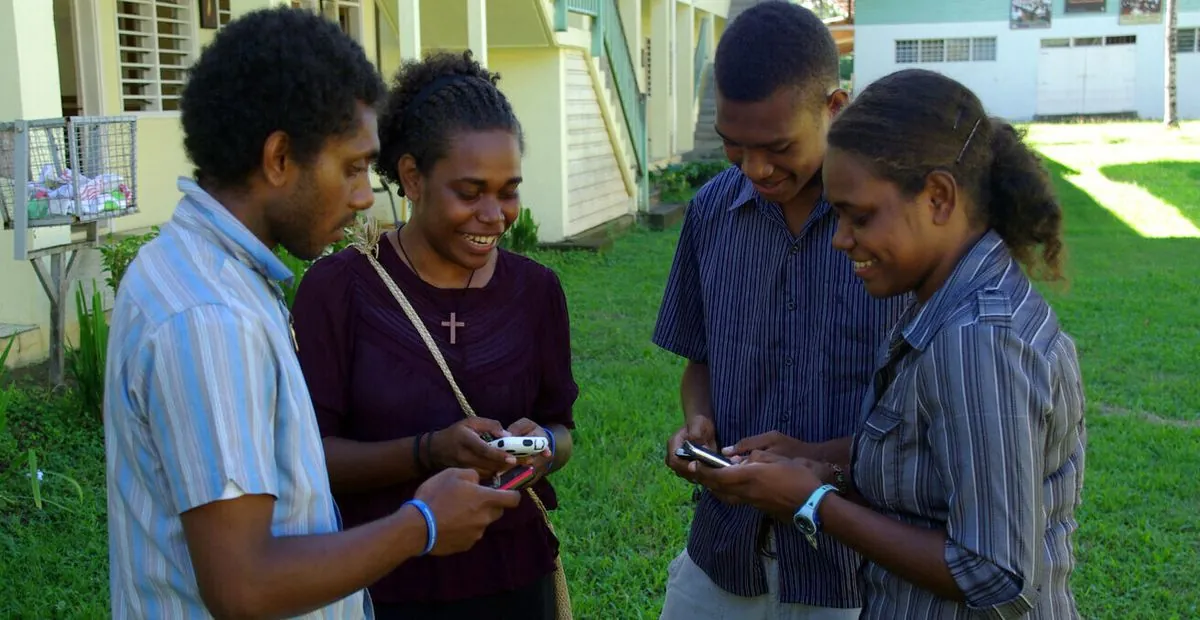Pacific Islands: A Crucial Test for Equitable AI Integration
New undersea cable to bring AI-powered internet to Pacific islands, raising concerns and opportunities. Experts call for inclusive governance and safeguards to ensure equitable technological advancement for global majority nations.

In the coming months, a groundbreaking undersea fiber-optic cable project is set to revolutionize internet connectivity for numerous Pacific island nations. This development promises to introduce millions of individuals to the full potential of the internet and artificial intelligence (AI) technologies, marking a significant milestone in the region's digital landscape.

Fiona McEvoy, a U.S. science envoy for AI, recently visited Fiji to engage with local stakeholders about the impending technological transformation. Her discussions with university administrators, entrepreneurs, investors, students, and Indigenous leaders revealed a mix of enthusiasm and apprehension regarding AI's potential impact on the region.
"We're excited about the economic opportunities AI could bring, but we're also aware of the risks. We need to approach this new era with caution and preparedness."
The imminent arrival of reliable internet access to previously underserved areas presents both opportunities and challenges. While it has the potential to boost local economies and enhance educational prospects, it also raises concerns about data security, cyberbullying, and the spread of harmful content.
The situation in the Pacific islands serves as a crucial case study for the integration of AI technologies in global majority nations. As these countries prepare to embrace the digital age, the international community faces a critical juncture in ensuring equitable and responsible AI deployment.
McEvoy emphasizes the need for comprehensive solutions that go beyond simply providing digital access. She argues that equal emphasis must be placed on developing safeguards, conducting thorough evaluations, and ensuring responsible deployment of AI technologies.
One proposed solution is the establishment of regional AI safety institutes. These organizations could consolidate resources, develop local expertise, and advocate for the needs of global majority nations in future AI governance discussions. This approach draws inspiration from the Forum of Small States, established by Singapore in 1992, which has successfully advanced the interests of smaller nations within the United Nations framework.
The global AI community has made significant strides in governance over the past year. However, McEvoy notes that there is still room for improvement, particularly in ensuring that AI systems and governance frameworks are inclusive and responsive to the needs of all nations, not just the most technologically advanced.
As the Pacific islands prepare for this digital transformation, the global community has a unique opportunity to implement AI technologies equitably and considerately. This moment could either accelerate economic development for emerging nations or exacerbate existing divides between the global majority and today's dominant economies.
The success of this initiative will depend on the collective efforts of AI developers, policymakers, and local stakeholders to create a digital future that is both innovative and just. As the undersea cable project nears completion, all eyes will be on the Pacific islands as they navigate this crucial test of equitable AI integration.


































